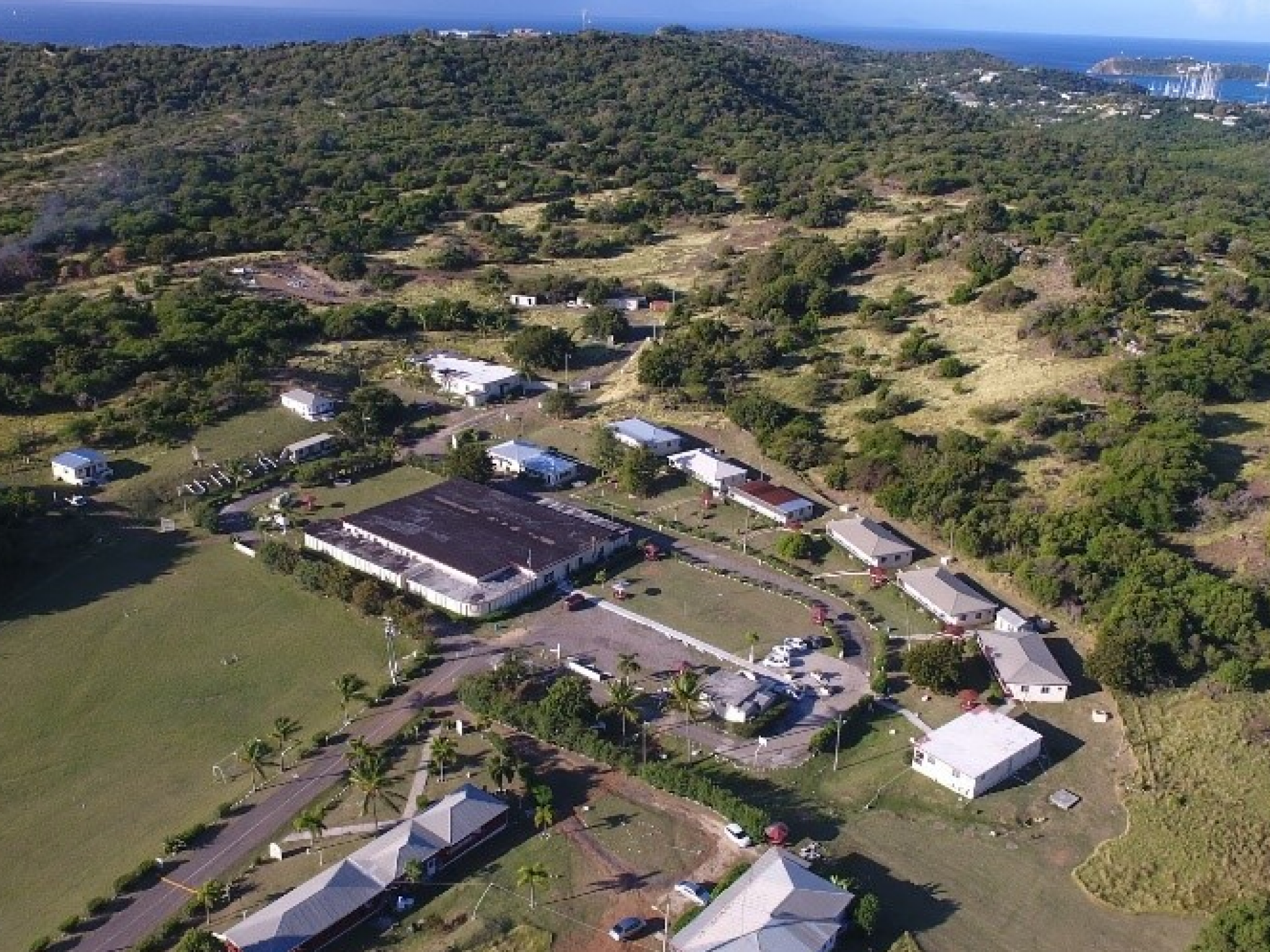
This Fall, the field of psychedelic research will take a giant step forward at the University of Health Sciences Antigua (UHSA) in Piccadilly, Antigua. For years, as the opioid crisis has raged in America, we have been teaching our students how to ease suffering and mental health issues with the use of psychedelic drugs like psilocybin, a substance more popularly known as the hallucinogenic component within “magic mushrooms.”
Our new program will involve those in the first two years of medical school and incorporate all of the basic sciences. This will give a new generation of medical professionals experience and first-hand knowledge of psychedelic therapy, as they work alongside a world-class life sciences company that is focused on natural products. The program will take place at our Dow's Hill campus.
Benefits of Researching Psychedelic Drugs for Medicinal Purposes
Psychedelics are extremely diverse in the benefits they provide. Psilocybin, one of the most common psychedelic drugs, was marketed under the name Indocybin for years without reports of serious complications. Then, in 1966, Congress effectively outlawed the sale of hallucinogenic drugs. Several years later, in 1970, psilocybin was classified as a Schedule I drug under the US’s Controlled Substances Act, marking such drugs as illicit substances with no known therapeutic benefit. This, however, was an error.
While our program will begin with the study of psilocybin, we plan to cover other organic therapies including cannabis, which we now know is extremely beneficial in the treatment of painful diseases such as cataracts and cancer. Contrary to what Congress and regulators decided more than five decades ago, we also know that psychedelics can help treat PTSD, depression, anxiety, addiction, and other disorders. This is because, once ingested, psilocybin is rapidly metabolized to psilocin, which then acts on the brain’s serotonin receptors, also known as our “pleasure centers.” Serotonin receptors are involved in a wide range of functions, including the regulation of mood and appetite. Users of psychedelics generally experience positive emotions thanks to their effect on serotonin levels. Better yet, users also often report a heightened sense of connection to others and the world around them — an essential benefit during these times of social isolation and social anxiety.
Studying Psychedelic Drugs will Place Today’s Medical Students at an Advantage
We are not, however, teaching students to mainstream psychedelic therapies. Rather, we are preparing students for when psychedelic therapy becomes mainstream, because we know that this is inevitable. Our society has been moving towards natural medicines for many years, and there is no going back.
Why would we? Psilocybin has proven to excel in the treatment of mental health. The research on its benefits is vast. Microdosing is a term that is starting to be used heavily vis-a-vis a number of previously illegal substances, like Ketamine. It’s only a matter of time before psychedelic therapy becomes as mainstream as cannabis or other forms of treatment, particularly considering its lack of side effects when completed in a controlled environment.
To some, this may sound extreme. Thankfully, scientific peer-reviewed research findings show that it’s quite the opposite. Major American universities have been studying non-traditional treatments for years. As of 2021, the Center for Psychedelic and Consciousness Research at Johns Hopkins University was researching psilocybin. A 2009 US Department of Health and Human Services survey revealed that there are roughly the same number of first-time psilocybin mushroom users in the United States as first-time cannabis users. Furthermore, between 2018 and 2019, the United States Food and Drug Administration (FDA) granted Breakthrough Therapy Designation for psilocybin as a therapy for treatment-resistant depression.
Mental illness is the epidemic of our time. Considering its rapid spread among adolescents especially, it would be irresponsible to not study a readily-available, natural substance that fights social isolation and depression without the risk of addiction. Thankfully, younger medical students tend to have more open minds than older doctors who are used to doing things a certain way, or regulators who are scared to be blamed for anything that might be perceived negatively. We look forward to teaching our students about psychedelic therapies for years, so that we may learn from them for decades.







